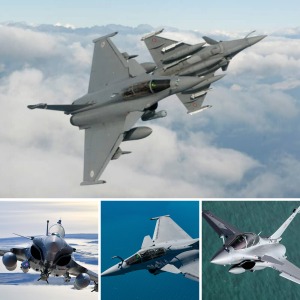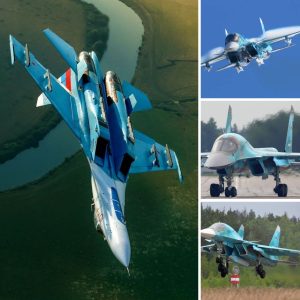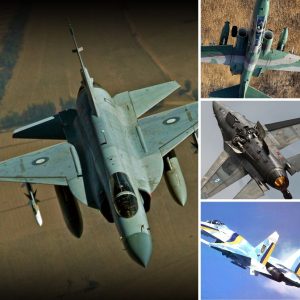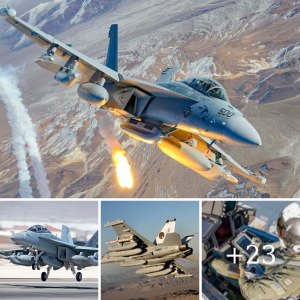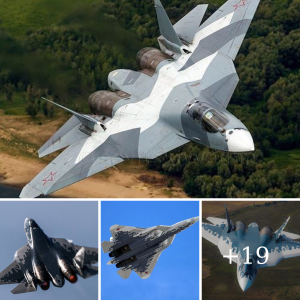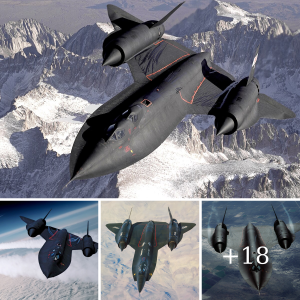The Eurofighter Typhoon stands as a testament to the collaborative prowess of European aerospace engineering. Developed by a consortium of leading aerospace companies from the United Kingdom, Germany, Italy, and Spain, this multirole fighter jet embodies the cutting-edge of military aviation technology. Since its introduction, the Typhoon has proven itself to be a versatile and formidable aircraft, capable of performing a wide range of missions with exceptional efficiency. This article delves into the strengths and capabilities of the Eurofighter Typhoon, highlighting its design, technology, and operational impact.

Origins and Development
The origins of the Eurofighter Typhoon date back to the late 1970s and early 1980s, when European nations recognized the need for a new generation of fighter aircraft to replace their aging fleets. The result was a joint venture between British Aerospace (now BAE Systems), DASA (now part of Airbus), Alenia Aeronautica (now Leonardo), and CASA (now part of Airbus). This collaborative effort aimed to create a state-of-the-art multirole fighter that could meet the diverse operational requirements of the partner nations.
The Typhoon first took to the skies on March 27, 1994, and entered service in 2003. Since then, it has been continuously upgraded and improved, ensuring it remains at the forefront of military aviation technology.
Design and Features
The Eurofighter Typhoon’s design is a marvel of modern engineering. Its airframe is constructed from advanced composite materials, which provide a high strength-to-weight ratio and contribute to its stealth characteristics. The delta wing configuration, combined with canard foreplanes, gives the Typhoon superior agility and maneuverability, making it a formidable opponent in air-to-air combat.
One of the standout features of the Typhoon is its advanced avionics suite. The aircraft is equipped with the Captor-E active electronically scanned array (AESA) radar, which provides long-range detection, tracking, and targeting capabilities. The Typhoon also boasts a highly sophisticated electronic warfare system, which enhances its survivability in contested environments.

Multirole Capabilities
The Eurofighter Typhoon is designed to excel in a wide range of missions, making it a true multirole aircraft. Its capabilities span air superiority, ground attack, reconnaissance, and maritime strike roles. This versatility is achieved through a combination of advanced sensors, modular avionics, and a wide array of weapon systems.
In air-to-air combat, the Typhoon is equipped with advanced missiles such as the Meteor, AIM-120 AMRAAM, and AIM-132 ASRAAM. These weapons, coupled with the aircraft’s agility and advanced radar, make it a dominant force in aerial engagements. The Typhoon’s superior performance at high altitudes and speeds allows it to outmaneuver and outgun many of its adversaries.
For ground attack missions, the Typhoon can carry a variety of precision-guided munitions, including Paveway IV bombs, Storm Shadow cruise missiles, and Brimstone missiles. This enables it to conduct close air support, interdiction, and strategic strike missions with pinpoint accuracy. The Typhoon’s ability to deliver ordnance with such precision makes it a vital asset in modern warfare.

Operational Success
The Eurofighter Typhoon has been deployed in numerous combat operations, showcasing its effectiveness and reliability. It has participated in missions over Libya, Syria, and Iraq, where it has performed air superiority, ground attack, and reconnaissance roles with distinction. The Typhoon’s performance in these operations has demonstrated its capability to operate in high-threat environments and deliver decisive results.

Global Impact
The Typhoon’s success has extended beyond its European origins, with several international customers opting to procure the aircraft for their air forces. Countries such as Saudi Arabia, Oman, Kuwait, and Qatar have added the Typhoon to their fleets, recognizing its advanced capabilities and versatility. This international adoption underscores the Typhoon’s status as one of the premier fighter jets in the world.
Future Prospects
The Eurofighter Typhoon continues to evolve, with ongoing upgrades and enhancements ensuring it remains at the cutting edge of technology. Future developments include the integration of advanced sensors, enhanced weapon systems, and improved avionics. These upgrades will further enhance the Typhoon’s capabilities, ensuring it remains a key asset for the partner nations and international operators for decades to come.

Conclusion
The Eurofighter Typhoon is a remarkable achievement in aerospace engineering, embodying the collaborative spirit and technological prowess of its European creators. Its advanced design, multirole capabilities, and proven combat performance make it one of the most formidable fighter jets in the world. As the Typhoon continues to evolve and adapt to new challenges, it will undoubtedly remain a cornerstone of modern military aviation, representing the pinnacle of European aerospace engineering.
